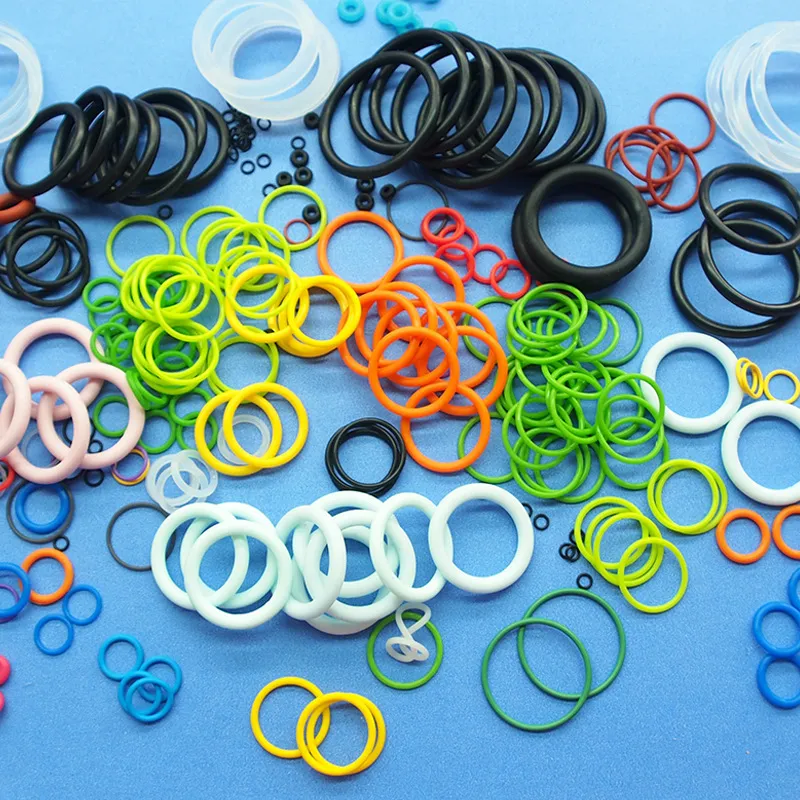One of the world’s most durable fluoroelastomers, Viton rubber finds use in some of the most hostile settings, where chemical reactions and extremely high temperatures are commonplace. Due to its outstanding performance and exceptional longevity, it is highly recommended for numerous specialized uses.
If you’re looking for an impressively versatile material for difficult applications, you might be wondering, What is Viton and how can it help my businesses?’.
What is viton?

Viton is a versatile and widely-used synthetic rubber material known for its exceptional performance in demanding environments. In this article, we delve into the world of Viton, exploring its composition, properties, applications across various industries, advantages, and potential drawbacks. So by understanding the unique characteristics and uses of Viton, in the professionals fields ranging from automotive to aerospace can make informed decisions about incorporating this resilient material into their products and processes.
Viton is like the superhero of rubber materials, known for its exceptional resistance to heat, chemicals, and extreme conditions.
History and Development of Viton
Viton wasn’t born yesterday – it was developed by DuPont in the 1950s and has since become a go-to material for demanding applications in the industry, especially in the silicone industry.
Properties and Characteristics of Viton within the Industry
Chemical Composition of Viton
Viton is made from a blend of fluoropolymer and a special type of synthetic rubber, giving it its unique properties.
Physical Properties of Viton
With high tensile strength, excellent flexibility, and impressive durability, Viton can take a beating and come back for more.
Temperature and Chemical Resistance
Viton laughs in the face of extreme temperatures and harsh chemicals, making it a top choice for environments that would make other materials run for cover.
Why use Viton?
A Viton will tend to be significantly more expensive than the equivalent nitrile component. This is because it simply does the job where most other products cannot. In comparison to nitrile, Viton has a larger operating temperature range, better resistance to degradation from exposure to weather and ozone, and is more chemically resistant too.
Choosing the toughest job means it will last longer. This means that you can enjoy extended service intervals, reducing maintenance costs, and providing a more reliable seal. There is far less likelihood of unscheduled downtime due to ring failure, so your investment in a Viton product will pay back through better operational efficiency.
Applications of Viton in Various Industries
Automotive Industry
Viton seals and gaskets keep engines purring smoothly and prevent leaks under the hood.
Aerospace Industry
In the vast expanse of space, Viton seals provide critical protection against the harsh conditions of the cosmos.
Oil and Gas Industry
Viton O-rings and seals are the unsung heroes in pipelines and equipment, standing up to the toughest conditions in the oil and gas industry.
Advantages and Disadvantages of Using Viton
Advantages of Viton
Viton’s resistance to heat, chemicals, and wear and tear make it a reliable choice for demanding applications where other materials fall short.
High temperatures: A Viton ring will withstand temperatures from -20°C up to 210°C
Chemicals: Viton can withstand a range of chemicals, including oils, acids, silicone fluids and gases, as well as halogenated and aromatic hydrocarbons
Environmental challenges: Viton can maintain a seal even in the presence of oxidation, UV exposure, weather, ozone, fungus and mould
So, what is Viton good for? Viton is frequently used in the appliance processing, automoautomotive,hemical industries. We also supply Viton products to aerospace companies, oil and gas exploration industries, and transportation businesses.
Disadvantages of Viton
While Viton is a superhero in many ways, it can be a bit pricey compared to other rubber materials, so it might not be the budget-friendly option for every project.
Comparison of Viton with Other Rubber Materials
Comparison with Nitrile Rubber
Move over, nitrile rubber, there’s a new kid on the block! Viton is like the high-maintenance friend who always looks glam; it can handle extreme temperatures, harsh chemicals, and even resist swelling. Nitrile rubber may be cheaper, but Viton plays in the big leagues when it comes to performance and durability.
Comparison with Silicone Rubber
Silicone rubber might be all trendy and heat-resistant, but Viton is the classic workhorse you can rely on. Viton can handle higher temperatures, harsh chemicals, and offers better compression set resistance than silicone rubber. So next time you need a rubber that can take a beating, choose Viton for the win!
What is the difference between Viton and EPDM?
The main difference between Viton and EPDM is the chemical resistance they exhibit. EPDM is a good product for use in steam environments and has a relatively good chemical resistance, but nowhere near as good as Viton. EPDM should never be used with solvents or petroleum agents.
Maintenance and Care Tips for Viton Products
Taking care of your Viton products is as easy as pie! Just make sure to clean them regularly with mild soap and water, avoid harsh chemicals, and store them away from direct sunlight. With a little TLC, your Viton products will stay in top-notch condition and keep performing like a champ!
In conclusion, Viton stands out as a reliable and durable rubber material that continues to play a vital role in diverse industries worldwide. Its remarkable chemical resistance, high temperature tolerance, and long-lasting properties make it a preferred choice for critical applications. By recognizing the strengths of Viton and following proper maintenance practices, businesses can harness the full potential of this resilient material for enhanced performance and longevity in their products and operations.